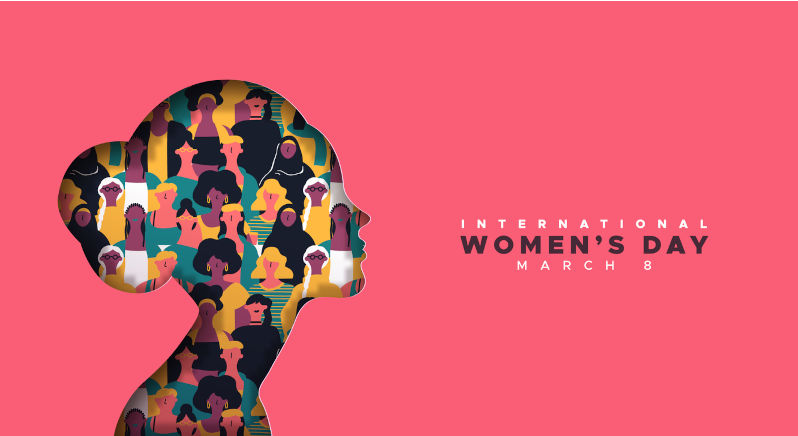The 8th of March is our Womens Day
March 7, 2024
It is the once-a-year day when the media wants content on how women are fairing. That is not a spelling error but my description of the limited equality that women have gained over the last half century. The following is my perception, now in my mid 80s, as I have been actively involved in feminist equality, on what has been both gained and failed to be gained over the years since 1972.
The two first decades till the 90s were quite effective, as many gender inequities were demolished, including the moves to equality of pay and the expansion of childcare services. More women found places in paid work and more of our rights were clarified. However, towards the end of the century, the policy shifts was to the neoliberal market models and political dependence on measuring progress via GDP, (Gross Domestic Product) which became the measure of monetised progress!!!
The serious contribution of unpaid work, mainly by women, was ignored, despite its massive social and community values.
This shift undermined the possibilities that female political contributions could match those men produced. It also contributed to shifting much of the social services to market models, e.g. childrens and aged care, which are now market run, contracting these areas from community to market models. It reinforced the low pay of feminised positions but offered women more equality of pay by moving to more male dominated paid work. This is also adding to distrust of politicians.
This approach to equality undermines the commitment of what feminists thought was the real basis of gender equality. It did not, and does not value, the valuable contributions women made, both paid and unpaid. Apparently, the definition of a fair gender-based society in the still current terms sees the masculine models as superior, so women gain by moving to male type jobs to increase pay. So, statistics that define gender equality are based on male criteria. This includes Gross Domestic Product (GDP) excluding the mainly feminist unpaid work from recognition of national value.
The above example is only a partial critique of what gender equality failing means. Recent data on comparative higher wages of males to females in many other gender occupations is proof that women are not seriously achieving gender status and income equality.
So, this week I want to offer my increasing concerns at the inadequacy of feminised power and assess the ability to make some significant changes to societies value, not just the economies we inhabit. The differences are failing to let policies value the social benefits of non-profit childcare to the user communities and personal wellbeing.
We are facing more difficult times now than when we started the second feminist wave post WW2: military threats, environmental disasters and increased hostilities in and between nations. There are still too few women in positions of power so feminist views and values are not able to seriously influence the multitude of Male Power Holders.
All women do not share specific views which might be deemed feminist. However, these are the ideas and values we offer from our long responsibilities for care, procreation and the female limited access to broader human social and political power.
When we demanded equality with men, we failed to define that meant equality to contribute our views and values to better futures at the high levels of decision making. Our responsibilities and knowledge would be available to improve how we we live and behave. In societies, not just economies.
So, feminised contributions on issues of power and social skills would add to and possibly address goals of a more socially viable forms of governance.

